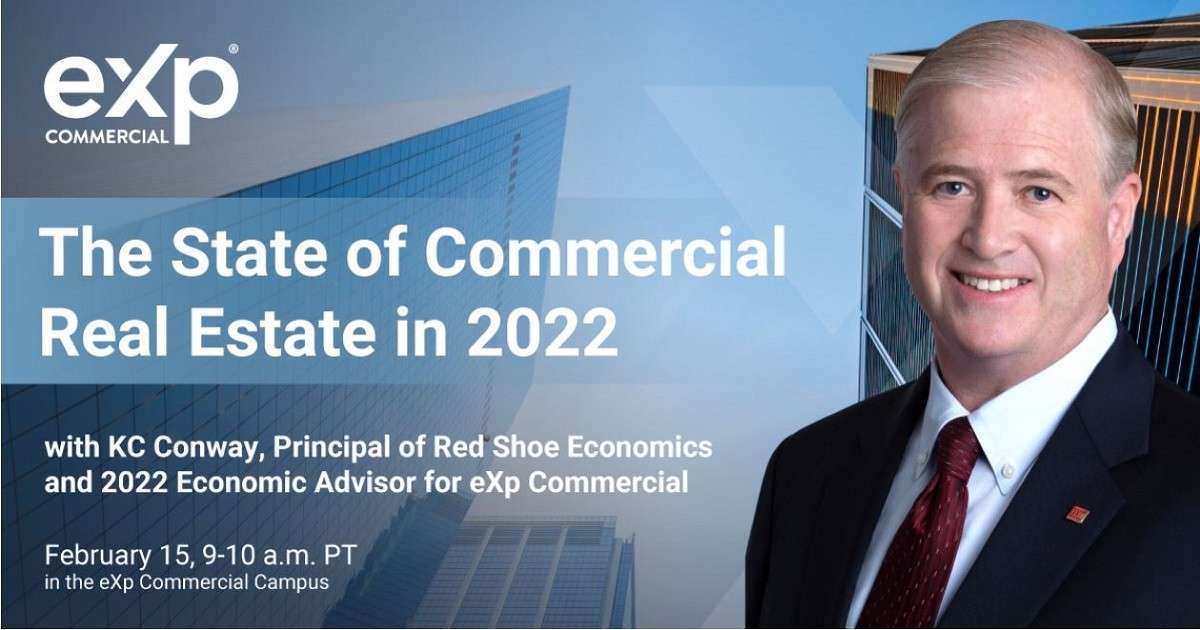Last year was a particularly unique year for the real estate industry as it pertains to the residential trends and migration patterns left in the pandemic’s wake. With a majority of the corporate real estate sector opting to implement work-from-home or work-from-anywhere models in order to retain staff and reduce overhead, there was a significant surge throughout the country in workers relocating to more suburban areas.
This occurred for a variety of reasons, such as individuals seizing the opportunity to live farther away from their offices and others realizing the potential financial savings and change of scenery that suburban living can provide. From a health and wellness perspective, moving to areas with smaller populations appeared as a practical solution in terms of lowering the risk of virus transmissions as well as a way to reduce the sources of stress that often accompany urban life, such as noise pollution and smaller living spaces.
With the worst of the pandemic appearing to be behind us, these migration trends are beginning to shift once again. However, instead of an outright reversal of the exodus seen in 2020, the population has found a middle ground. Urban areas are seeing a surge in new residents while the suburbs continue to thrive. New York City, as an example, is seeing almost twice as many new residents compared to 2019 figures while Chicago’s urban market continues to be outpaced by the suburbs. The city of Chicago itself, however, continues to retain its title as the third most populous city in the United States despite 2020’s notable outbound migration.
Chicago in focus
The unique migration patterns in and out of the Chicago metropolitan area, have resulted in an incredibly diverse multifamily market landscape. The demand in this area mirrors the broader multifamily trends being seen throughout the entire country, with some residents continuing to demonstrate a heightened interest in the suburbs while others begin returning to the inner city.
This dichotomy is likely attributable in part to the vaccine and booster shots now being more widespread and available as well as businesses beginning to bring workers back into the office. Certain companies opting to continue using their WFA models or adopt hybrid strategies, however, present one possible explanation as to why the post-pandemic world is not simply snapping back to its 2019 landscape.
My firm Pensam has been consistently exercising its team’s market insights to meet this spectrum of demand. Over the past year, the firm has acquired four multifamily properties in Chicago and its surrounding suburbs as well as preferred equities and other transactions throughout Illinois and the rest of the country. This focus on the Chicago MSA is not by chance, as the area’s multifamily market activity over the past year has shown a clear interest in both urban areas and their surrounding suburbs. This interest has paved the way for firms like Pensam to execute deals inside of a particularly diverse pool.
Transactions across the spectrum
1900 at Canterfield, a 260-unit stabilized multifamily community in West Dundee, Illinois, acquired by Pensam in the summer of 2021, provides an example of the types of suburban properties that saw a surge in interest following the pandemic. 1900 at Canterfield contains 18 buildings across 23.6 acres, providing the suburban atmosphere, low density, and spacious design that city emigrants are seeking, but is located less than a mile from I-90, granting easy access to the Schaumburg job market.
The building’s amenities also include a clubhouse, outdoor lounge area, and swimming pool–amenities that today’s suburban residents are expecting to accompany the increased space available.
More recently, Pensam also acquired Lakeside Apartments in Wheaton and Aspen Place in Aurora, both Chicago suburbs. These two properties, containing 204 and 416 units respectively, demonstrate not only a high level of interest in the Chicago MSA but an interest that is continuing to grow. Combined with the firm’s latest acquisition, the 336-unit Butterfield Oaks in Aurora, Illinois, evidence points to this momentum carrying forward.
A promising 2022
Pensam’s strong focus on Chicago and its surrounding suburbs indicates that the firm is placing great confidence in the real estate industry’s continuing rebound from the pandemic, poising itself to keep both the urban and suburban multifamily markets in focus throughout 2022.
Against the backdrop of Pensam’s performance in the national multifamily market throughout last year, this is further evidence that the worst of the pandemic’s effects on the U.S. multifamily market are likely behind us. Going forward, all signs point to this sector continuing to improve in 2022 and lead the country to pre-pandemic levels of activity and beyond.
Source: Not just a national surge Chicago area multifamily market soaring too










